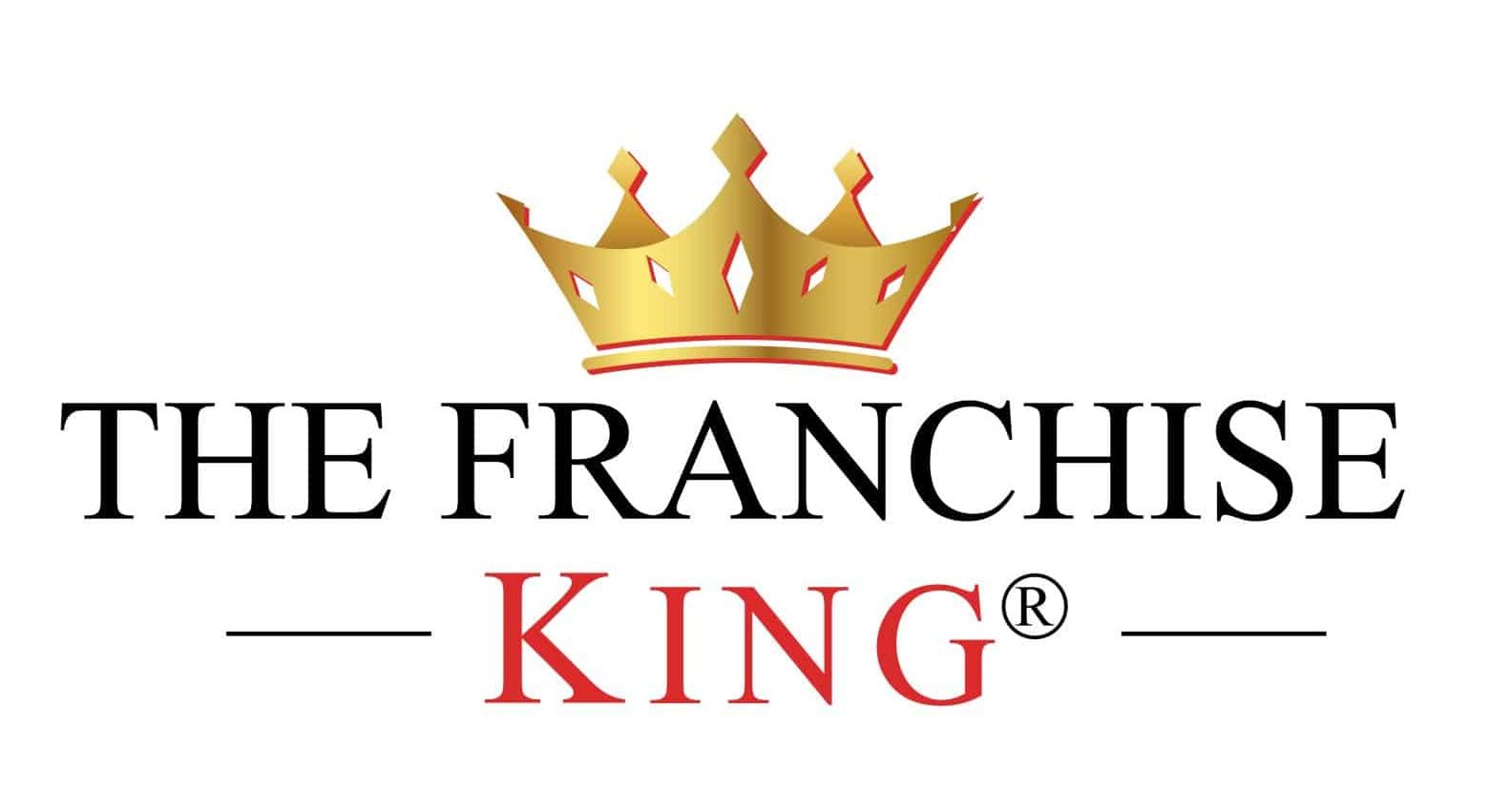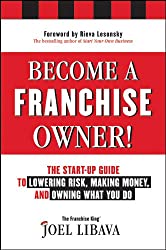
The NLRB just dropped its co-employer appeal/challenge to a judicial decision that invalidated a regulation.
This regulation would have classified numerous corporations as employers of specific contracted and franchise workers, mandating collective bargaining with their representative unions.
In a submission to the Fifth Circuit Court of Appeals based in New Orleans, The U.S. National Labor Relations Board stated that while it maintains the legality of its “co-employer” regulation under federal labor statutes, it has opted to cease its appeal of a lower court’s March verdict.
The agency expressed that, given the current legal status of the regulation, it preferred to “reassess” the concerns highlighted in the ruling by Federal Judge J. Campbell Barker in Tyler, Texas.
In other words, the NLRP appeal was just dropped like a rock.
NLRB Almost Ruined Franchising As We Know It
The October 2023 regulation would have deemed companies “co-employers” of contracted and franchised workers when they exerted influence over crucial employment factors such as compensation, work hours, disciplinary measures, and oversight, regardless of whether this control was indirect or unused.
The 2023 regulation superseded a Trump-era rule from 2020 that required firms to have “direct and immediate” authority over workers to be considered co-employers, a stance favored by industry associations.
Notably, the 2020 rule had itself replaced an Obama-era standard that faced significant criticism from business groups.
Barker, nominated by Republican former President Donald Trump, agreed with the regulation’s opponents, including the U.S. Chamber of Commerce, concluding that the rule was excessively broad and violated federal labor laws.
NLRB Rule Was Deemed Invalid
The Federal Judge argued that the regulation was invalid because it would treat some companies as employers of contracted or franchised workers even when they lacked substantial control over their working conditions.
The labor board’s decision to discontinue its appeal of the regulation marked a reversal for the agency. Especially after President Joe Biden vetoed a Republican-supported measure to nullify the rule in May.
The labor board and numerous unions have argued for years that the regulation was necessary to ensure companies participate in negotiations and can be held responsible for labor law violations. Especially when they control the working conditions of these contracted or franchise workers.
However, industry groups and many Republicans have contended that it would create uncertainty regarding when businesses are considered workers’ employers, disrupting franchising and standard contracting arrangements.
All in all, this is a win for franchising, a huge industry that employs and benefits many. And the NLRB had always been wrong about this.
About the Author
The Franchise King®, Joel Libava, is a leading franchise expert, author of "Become a Franchise Owner!" and "The Definitive Guide to Franchise Research." Featured in outlets like The New York Times, CNBC, and Franchise Direct, Joel’s no-nonsense approach as a trusted Franchise Ownership Advisor helps aspiring franchisees make smart, informed decisions in their journey to franchise ownership. He owns and operates this franchise blog.
Note: When you buy through links on this website, we may earn an affiliate commission.









